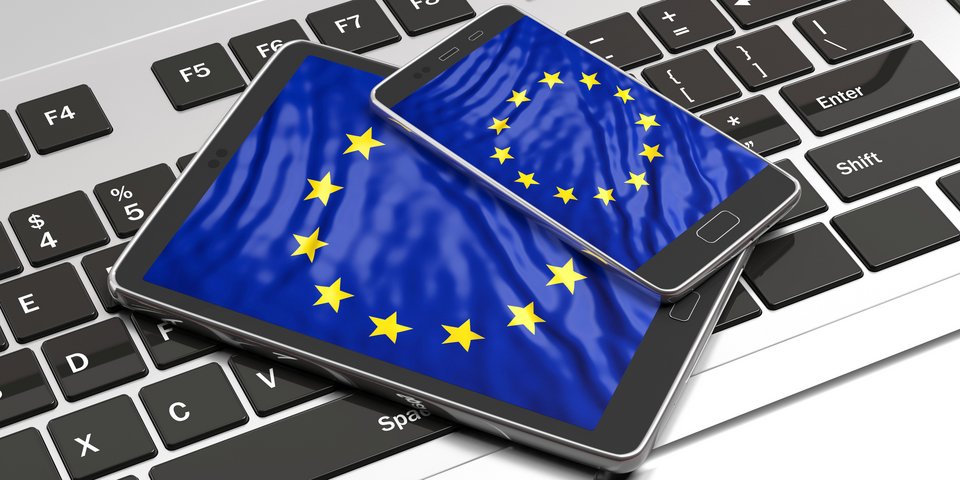 iStockphoto-Rawf8
iStockphoto-Rawf8Digital coordination at EU level
Interoperability welcomed by the European Parliament
MB – 07/2023
The European Commission has presented a proposal for a regulation governing an
interoperable Europe on
18/11/2022. In simplified terms, the Latin term interoperability describes the
ability to communicate with each other and to work together in a specified
manner.
The digital decade
The draft regulation is intended to contribute
to the "Digital Compass 2030 which has four "cardinal points",
one of which is the "digitisation of public services": in the digital
single market, citizens should also be able to communicate electronically with
the administration.
The framework of interoperability for the social security system
Interoperability has a direct impact on social
security institutions. The aforementioned draft is related to the Regulation (EU) No. 2018/1724, also called "Single Digital
Gateway" (SDG). This single digital
access gateway for EU citizens is "ready” by now.
The SDG Regulation stipulates that the digital
gateway must include information and links to online procedures to enable EU
citizens to exercise their rights and obligations.
The social security branches
covered by the existing coordination law of Regulation (EC) No. 883/2004 are
directly affected, as Annexes l & ll to the SDG Regulation identify certain
core areas of the social security system (e.g. work and retirement, medical
care, health and safety at work).
Furthermore, the draft refers to a proposal of the European Commission amending
Regulation (EU) No. 910/2014. The objective here is the creation of a
European digital identity (EUid) and the introduction of a digital wallet. In
this context, the German Social Insurance (DSV) has reported on the ESSPASS.
The two aforementioned legal acts (or the
draft) aim to ensure that public services are offered digitally and that
"official documents" are available in the "wallet". The
proposal for an interoperable Europe aims to create a legally binding
coordination framework so that the EU digital single market can be achieved
through joint coordination.
What does the European Parliament think about this?
In the European Parliament, the parliamentary
committees for civil liberties, justice and home affairs (LIBE), for single
market and consumer protection (IMCO) and for industry, research and energy
(ITRE), among others, were busy with the draft. The Economic and Social Affairs
Committee and the Committee of the Regions have also expressed their views. The
result at the outset: the legal act is welcomed overall.
The lead committee was the ITRE, which finally discussed the draft on 19 July. IMCO and LIBE had positioned themselves in
advance and expressed their final opinions. ITRE and IMCO as well as the Committee of the Regions have taken the
approach, among others, to emphasise the clarity of public services being
referred to. The Committees' compromise version now explicitly includes definitions
for "cross-border public services" and "key public
services" with reference to Resolution (EU) No. 2022/2481 of 14.12.2022 on
the digital decade. In Art. 2 No. 8 of the aforementioned resolution, "key
public services" are defined in relation to natural persons as those which
concern events in their lives which are particularly important for them. This
should undoubtedly include social security. Thus, the European Parliament is
ready for the trialogue.
What about the Council?
The Council has not yet taken a position on the
draft. However, the Council and the EP reached an agreement on a digital European
identity on 29
June. Since the EUiD and the wallet must be thought of as being interoperable,
it can be assumed that the Council will support the approach to digital
coordination.
